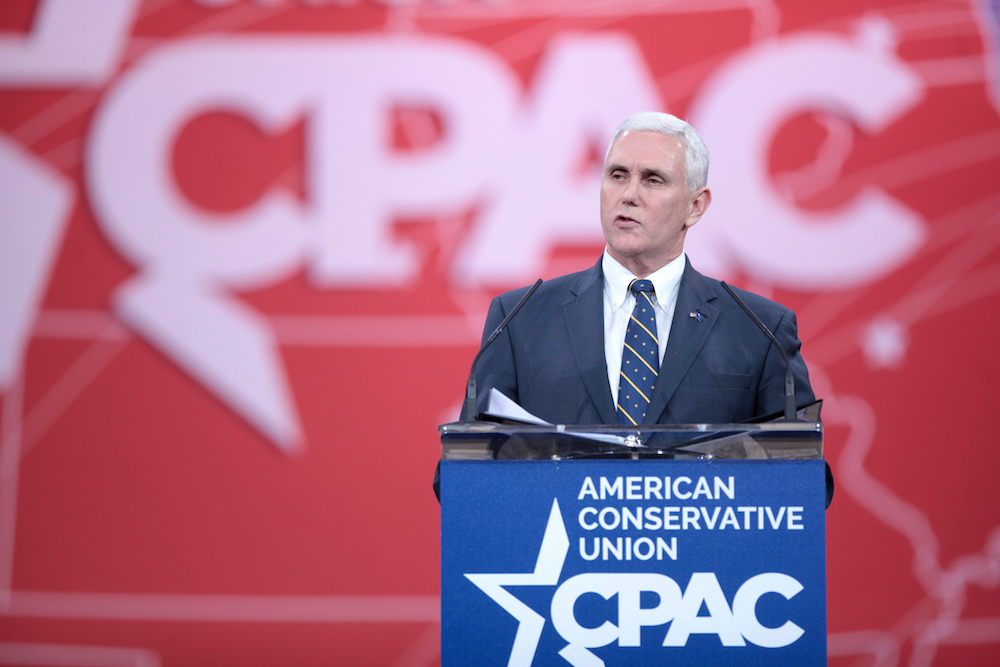By Stephen Wolfe
The Trump and Moore political campaigns raise an important question for Christians: does one endorse the moral life of the candidate he votes for? Surprisingly, there seems to be consensus on this, regardless of one’s willingness to vote for Trump or Moore. A vote in some way endorses, or at least signals approval or acceptance of, the moral life of the one voted for.
Login to read more
Sign in or create a free account to access Subscriber-only content.
Topics:
